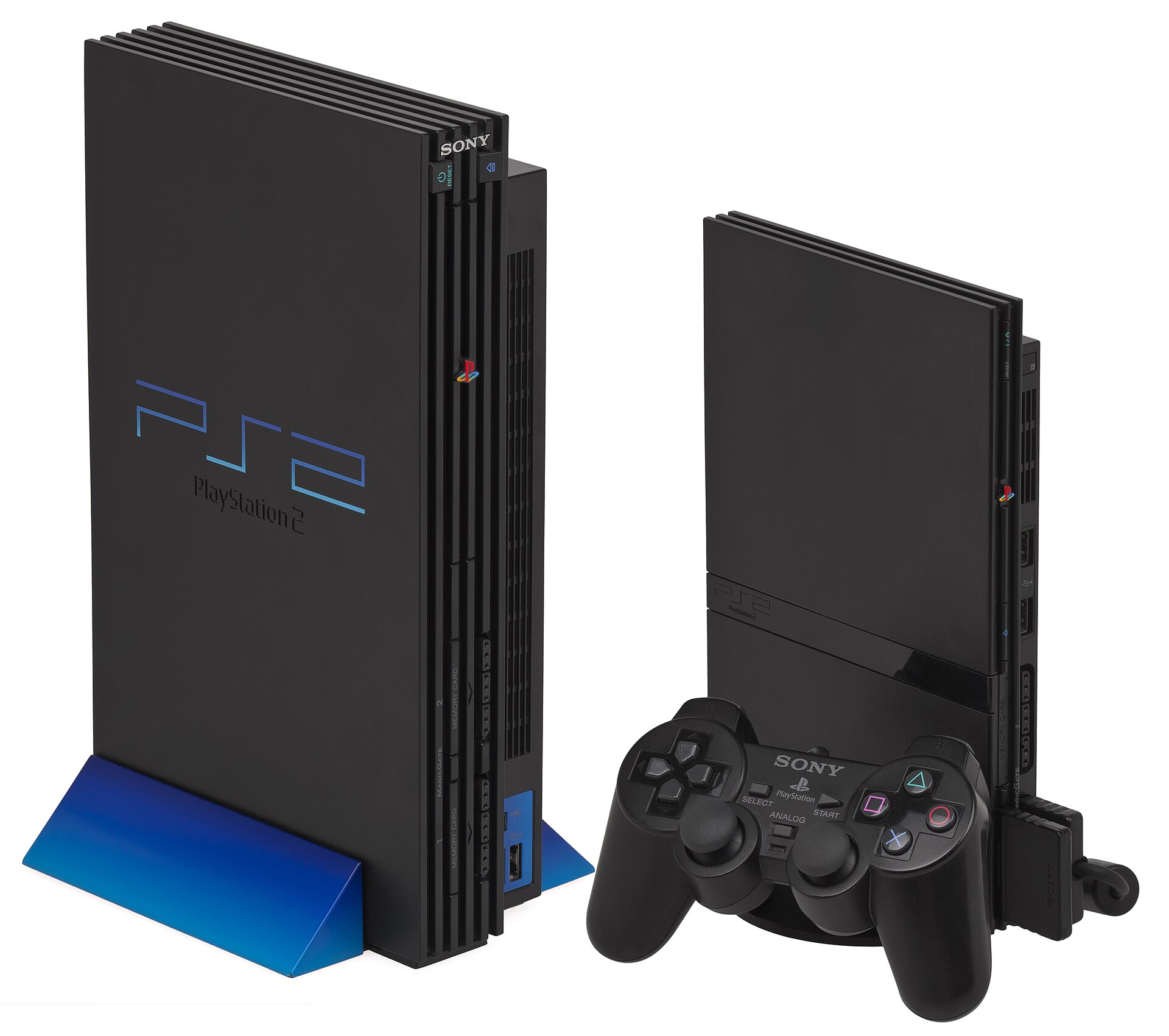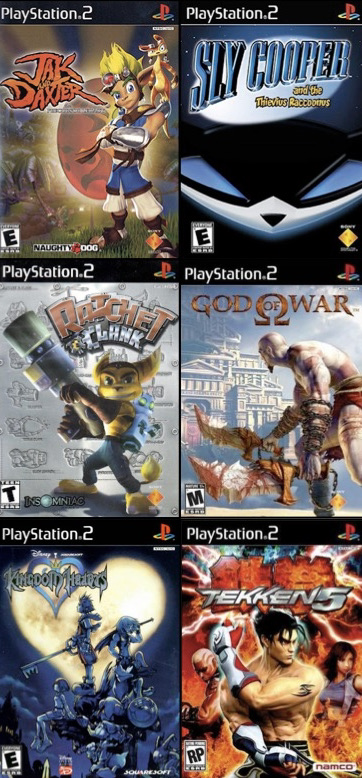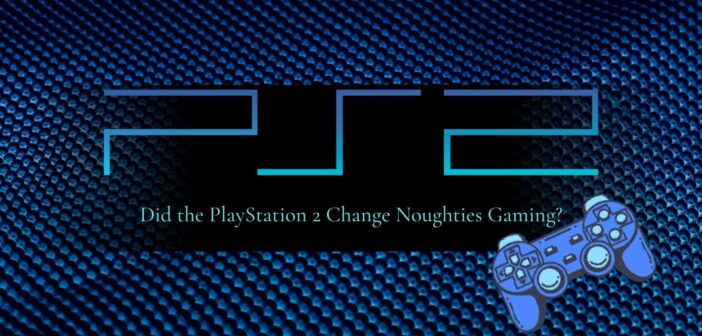When we think of the PlayStation 2 (PS2), we have so many burning questions about its success and why it blew competitors out of the water. Questions like, did the PS2 have technical specifications that outweighed the competition? Did it have exclusives that made it the must-have console of the future? Was third-party support helping games optimise on a level they couldn’t on other consoles? All these questions and we wonder, how did the PS2 change gaming? Well, it didn’t, and let me explain.

Credit: Evan Amos/Sony Computer Entertainment
The PS2 enjoyed a success that was rightly five times more than the original Xbox or the Nintendo GameCube. As a machine, it had tech-specs that made it the inferior console, but it avoided the repercussions of such an issue because it was also released a year earlier. By the time Microsoft and Nintendo came onto the market with their consoles, Sony had already established a much-loved console that had such an effective marketing strategy that it hoodwinked people into being blissfully unaware of its competitors’ supposed superiority. The PS2 had a lifeline in the customers who had already bought it, and word-of-mouth can be just as effective in the advertising industry as a flashy advert. Time was on the PS2’s side, so it didn’t need to change gaming, it just needed to be first (which it was).

Credit: Naughty Dog/Sony Interactive Entertainment, Sucker Punch Productions/Sony, Insomniac/Sony, Santa Monico Studio/Sony, Disney/Square Enix, Namco
With the PS2’s inability to match the powerhouses of the original Xbox and Nintendo GameCube, Sony was forced to adopt a new branding that made its eco-system preferable through the use of exclusive titles. When you compare the PS2 to the Xbox for example, have a go at trying to name exclusives for each system. Halo pops to mind for Xbox and maybe Fable, but then one might be stumped to think of anything else. On the other hand for the PS2 there was Jak and Daxter, Sly Cooper, Ratchett & Clank, and God of War, to only name a few. The PS2’s branding became synonymous with securing great exclusives, and it’s something that the company has managed to maintain for nearly twenty years. Microsoft in comparison has only picked this up fairly recently after Sony (and Nintendo) proved that exclusives ensure loyalty to their brands.
So it’s not surprising the PS2 dominated the early noughties for gaming (its only real competitor being the later release of the Nintendo Wii). Yet, the PS2 also dominated the entirety of the noughties, even after the release of its successor, the PlayStation 3. Partly due to the fact that exclusives for the PS2 continued to release for the console way into the lifeline of the PS3, and the fact Sony pushed to support the console for as long as possible meant that people continued buying it even when newer, more powerful consoles existed. Plus, while the PS2 was a staple of noughties gaming, the PS3 is rather infamous for its initial failures as a console. The fact that the PS3’s sky-high price was largely unaffordable for the average consumer and in effect encouraged the purchasing of the even cheaper PS2. While unwitting, Sony’s PS3 launch failure turned into a PS2 boon that still generated the company a wealth of revenue.
So when we reflect on whether the PS2 changed gaming as a whole, it really didn’t. Yet there’s something palpable, a synonymous feeling that the PS2 and gaming in the noughties share. Perhaps because the console was so notorious at the time is why it feels to have caused waves when it really only caused ripples. Yet if we consider the Nintendo Wii, now that was a console that changed gaming, causing tsunamis in comparison to the gentle splashes of the PS2.



